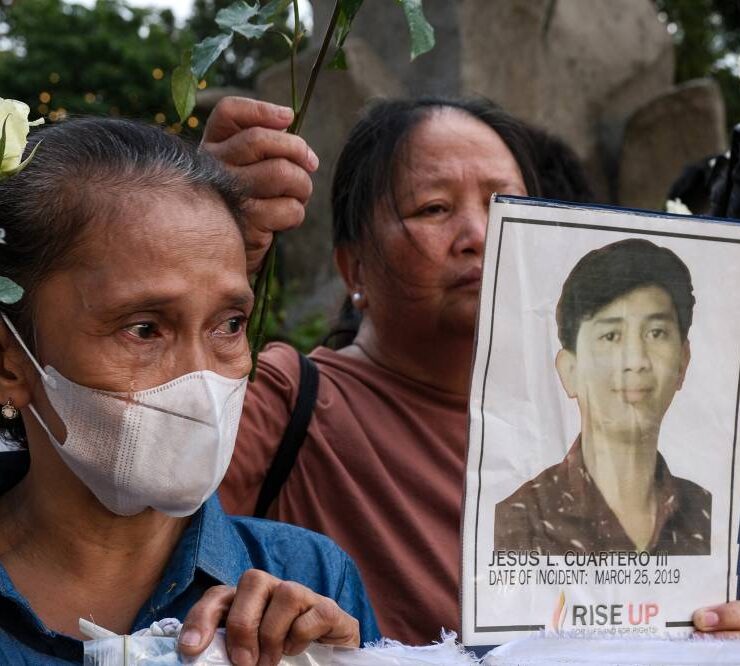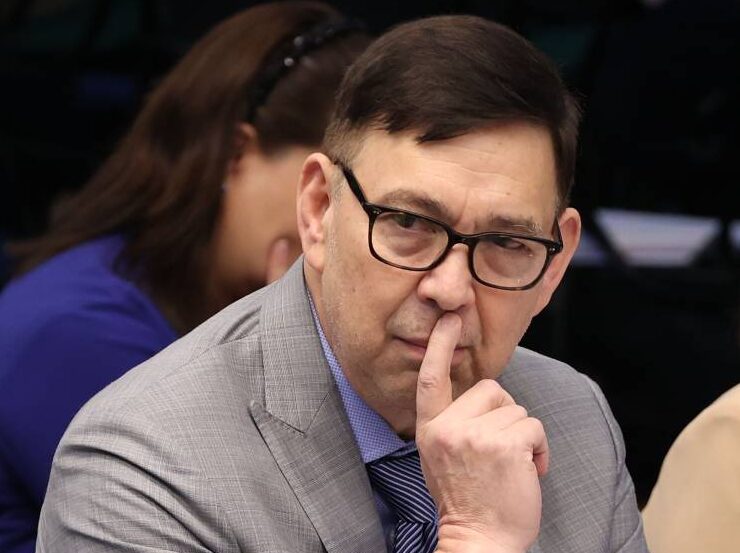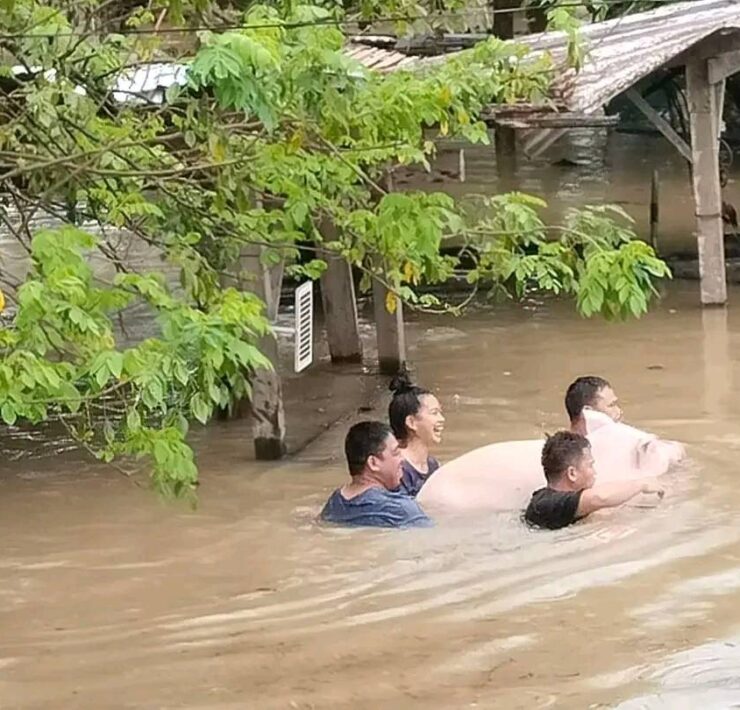Asean sees, speaks no evil

It was quite fitting that President Marcos’ first bilateral meeting at the 44th and 45th Association of Southeast Asian Nations (Asean) summits in Laos should be with the leader of Vietnam, a country with which the Philippines shares a mutual problem the rest of their neighbors don’t (or can’t) seem to acknowledge: China.
Shortly upon arriving in the Laotian capital of Vientiane last Tuesday, Mr. Marcos sat down with Vietnamese Prime Minister Pham Minh Chinh to discuss “new areas of cooperation” between Manila and Hanoi.
“We have made a good deal of progress since our very first discussion and some of the engagements between our two countries. And I am very happy that we will be able to pursue that,” Mr. Marcos told the Vietnamese leader, adding: “And it also gives us the opportunity to explore new areas of cooperation and of partnership.”
In response, Chinh reaffirmed Vietnam’s support for a strategic partnership with the Philippines, including earlier bilateral agreements on “incident prevention in the South China Sea” and “maritime cooperation” between their coast guards.
Brunt of intimidation
Never before has there been such goodwill between the two Southeast Asian countries that currently bear the brunt of harassment and intimidation by their powerful neighbor to the north.
In late September, 10 Vietnamese nationals fishing in the disputed waters of Paracel Islands were allegedly mauled by Chinese personnel using iron bars, sparking furious condemnation from Vietnam’s foreign ministry. In a rare statement addressing conflict involving a fellow Asean member, Manila voiced its support for Hanoi by saying it “consistently denounced the use of force, aggression, and intimidation in the South China Sea, and emphasized the need for actors to exercise genuine self-restraint.” “It is a paramount obligation to ensure the safety at sea of vessels and their crew, especially fisherfolk,” the Department of Foreign Affairs added.
As safely crafted as the statement was, it was a significant step toward a potential alliance with Vietnam and what might be the beginning of a united front against a common adversary. But for obvious reasons, Vietnam has been reticent in accepting the Philippines’ friendly overtures, unwilling to further antagonize China. In August, for instance, Malacañang was forced to remove a reference in its social media posts about Hanoi’s purported support for Manila’s 2016 arbitral victory against Beijing, during a visit by Vietnam’s defense minister.
A ‘strong message’ to China
But it can’t be denied that there has been progress. In the same month, the coast guards of the Philippines and Vietnam staged maritime drills together off Corregidor Island and used water cannons for the first time, a move an analyst described as a “strong message” to China, whose own coast guard had been water-blasting Philippine vessels in a series of confrontations in the West Philippine Sea, the name Manila uses for the waters within its 370-kilometer exclusive economic zone.
“If the Philippines and Vietnam will succeed in this calculated maritime endeavor … a greater optimism is foreseen, as China may rethink its unilateral option of claiming the entirety of the South China Sea,” said Chester Cabalza, founder of Manila-based think tank International Development and Security Co.
While Vietnam and the Philippines are headed toward a deepening, if uneasy, friendship, the other members of the 10-nation Asean remain apathetic to the hostile actions of Beijing toward fellow South China Sea claimants.
For years, China has expanded its presence in the disputed waterway, building artificial islands with missile systems and runways for fighter jets. Worst of all, it has deployed vessels that routinely obstruct Philippine sailors and fishers using water cannons and lasers.
‘Silence diminishes Asean’
Yet, little has been heard from the regional bloc beyond the usual platitudes and calls for “restraint and respect for international law,” which have accomplished nothing except to embolden China and bring the Philippines closer to its western allies, like the United States, than its own neighbors.
Who could blame the soft-spoken Mr. Marcos for his stern language during the closed-door retreat summit on Wednesday, when he reportedly warned Asean “not to turn a blind eye” to aggressors in the South China Sea? “Silence in the face of these violations diminishes Asean,” the Philippine leader said, according to a copy of his speech that was leaked to reporters in Laos.
He is correct, though. Ultimately, it’s not only the Philippines and Vietnam that are weakened by China’s brazen moves, but Asean itself.
By seeing and speaking no evil, the bloc risks losing what’s left of its credibility and relevance as its silence signals complicity in the acts of a dominant power. If Asean hopes to be a force for peace in the region, it must discard its cowardly stance disguised as the “Asean Way” and stand united against the neighborhood bully.





















